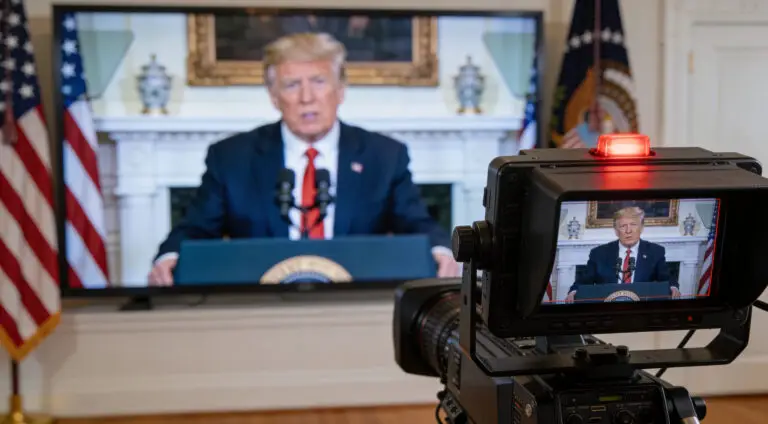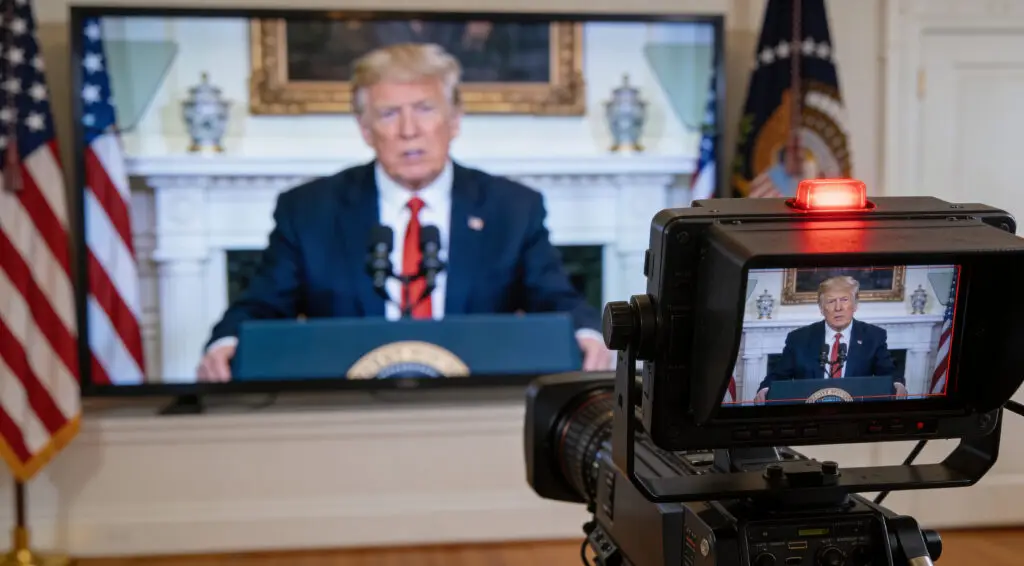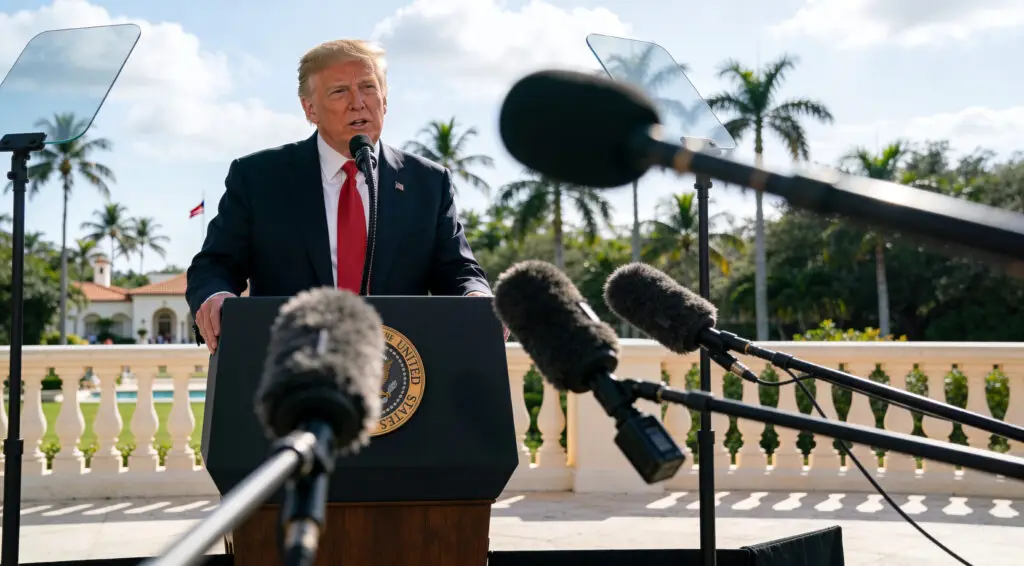The U.S. Securities and Exchange Commission (SEC) announced several key leadership changes on June 13, 2025, marking a potential turning point in the agency’s approach to digital asset regulation. Under the leadership of new Chairman Paul Atkins, the SEC is adding officials with deep experience in cryptocurrency and blockchain—an apparent move toward more industry-aligned oversight.
Jamie Selway, formerly of Sophron Advisors and Blockchain, will take over as Director of the Division of Trading and Markets on June 17. Brian T. Daly, a partner at Akin Gump with expertise in digital assets, will become Director of the Division of Investment Management on July 8. Additional appointments include Erik Hotmire as Chief External Affairs Officer and Kurt Hohl as Chief Accountant.
These shifts reflect a broader recalibration of U.S. crypto policy following years of regulatory uncertainty.
A Pendulum Swing in Regulatory Philosophy
The leadership overhaul signals a shift away from the enforcement-heavy approach of former SEC Chair Gary Gensler. During his tenure, the agency relied heavily on litigation to define the boundaries of crypto regulation. Chairman Paul Atkins, however, has openly criticized that strategy, calling it “ad hoc” and unsustainable for a maturing industry.
Atkins has emphasized the importance of clear, formal rulemaking, promising a more collaborative tone toward digital assets. Under his leadership, the SEC has launched a Crypto Task Force, focusing on the development of predictable, transparent guidelines.
This shift echoes historical cycles in financial regulation, where early heavy-handed enforcement often gives way to more nuanced oversight as markets evolve. It may offer crypto firms greater clarity on compliance obligations—something the industry has long demanded.
Experience Leads the Way
Perhaps the most striking feature of the new appointments is the depth of crypto expertise among the incoming officials.
Jamie Selway brings institutional credibility, having served as global head of institutional markets at Blockchain and advised several fintech firms. Brian Daly’s legal background includes advising clients on crypto compliance, blockchain governance, and token issuance—skills now in high demand as the SEC begins formalizing its approach.
This trend of industry knowledge entering regulatory agencies is growing worldwide. Regulators in the UK, Singapore, and the EU have similarly brought in experts to help modernize frameworks around digital finance. The U.S. now appears to be following suit more directly.
Toward Technology-Specific Rules
Under the new leadership, the SEC is expected to release new crypto-specific guidance addressing asset classification, trading rules, custody requirements, and disclosure standards.
Sources inside the agency suggest that rather than stretching traditional securities definitions to cover crypto products, the SEC will begin developing rules that reflect the unique structure of blockchain-based assets. This approach mirrors efforts already underway in the President’s Working Group on Digital Assets, which seeks to coordinate digital asset policy across federal agencies.
The agency’s planned guidance could include clearer definitions of utility tokens, stablecoins, and staking products, helping crypto firms structure offerings that avoid regulatory pitfalls.
Competing on a Global Stage
These changes come amid intensifying international competition in crypto innovation. The European Union’s MiCA regulation has already provided a unified framework across member states, positioning Europe as a favorable hub for blockchain startups.
In contrast, the U.S. has faced criticism for creating a climate of legal ambiguity. Industry leaders have warned that without reform, America risks losing its competitive edge in crypto innovation.
With the appointment of crypto-savvy officials and a more measured regulatory tone, the SEC appears to be reclaiming its role in shaping the global crypto landscape. These leadership changes could help stem the outflow of talent and capital to more crypto-friendly jurisdictions.
What’s Next for Crypto Regulation?
The coming months will be critical. The SEC is expected to publish a roadmap outlining key regulatory priorities, including:
- Token classification clarity
- Stablecoin reserve disclosures
- Cross-border compliance guidance
- Risk management frameworks for exchanges and custodians
While it remains to be seen how these policies will take shape, the agency’s new direction offers hope for more transparent and constructive engagement with the crypto industry.
From Crackdowns to Clarity: A New Era for U.S. Crypto Policy
The SEC’s appointment of crypto-competent leadership marks a pivotal moment in U.S. financial regulation. Moving away from litigation-driven enforcement and toward formal rulemaking signals a maturing approach to digital assets—one that may foster innovation without sacrificing investor protection.
If successfully implemented, this regulatory reset could help restore the U.S. as a global leader in digital finance and set the foundation for a more stable, trusted crypto market.














